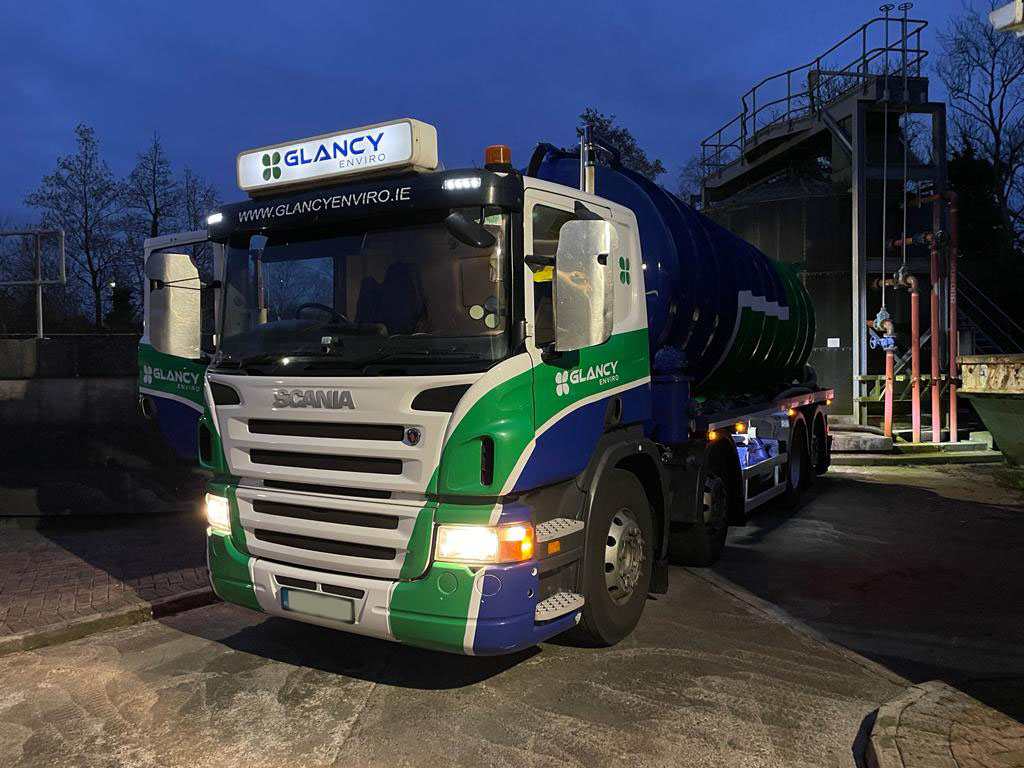Rumored Buzz on Reclaim Waste
Rumored Buzz on Reclaim Waste
Blog Article
The Ultimate Guide To Reclaim Waste
Table of ContentsSome Known Questions About Reclaim Waste.Getting The Reclaim Waste To WorkReclaim Waste for BeginnersThe smart Trick of Reclaim Waste That Nobody is Talking AboutThe Of Reclaim Waste
Discover the types, events, and kinds of liquid waste. Residential sewage waste refers to the waste and items from a household septic system. This sort of waste is produced by human beings in homes, institutions, and various other buildings. This only includes septic containers that have a drain area. The appropriate management and disposal of residential sewage waste require fluid waste to be transferred to a sewer treatment plant where the appropriate methods and tools are related to detoxify and throw away waste.
Industrial waste typically consists of prospective hazards, such as flammable materials or a combination of fluid and solid waste items, and requires an advanced and comprehensive disposal process. The disposal of commercial waste typically includes the purification of waste prior to transportation to guarantee secure and correct disposal. Hazardous waste is created from results and overflow of commercial processes and production.
This sort of waste can not use the very same sewage administration transport or processes as septic or business liquids. The industrial waste monitoring process requires the evaluation and screening of fluid waste before it undergoes the disposal process (liquid waste removal melbourne). Runoff waste is the liquid waste that comes from drainage and excess stormwater in very inhabited areas or cities
Runoff waste can cause contamination and flooding if not dealt with appropriately. Discover more regarding sewage system cleaning and waste monitoring. Making sure appropriate waste administration can protect against catastrophes and decrease environmental harm. Both individuals in property settings and specialists in commercial or manufacturing markets can gain from recognizing the processes and guidelines of fluid waste administration.
The Ultimate Guide To Reclaim Waste
Call PROS Providers today to learn more about our waste monitoring and disposal solutions and the correct methods to look after the liquid waste you create.
(https://www.blogtalkradio.com/reclaimwaste1)This so-called 'wastewater' is not just a vital source however, after therapy, will be launched to our land, waterways or the sea. Used water from commodes, showers, bathrooms, cooking area sinks, washings and industrial procedures is recognized as wastewater.

water utilized to cool down machinery or tidy plant and equipment). Stormwater, a type of wastewater, is overflow that moves from agricultural and metropolitan areas such as roofing systems, parks, yards, roadways, courses and rain gutters right into stormwater drains, after rainfall. Stormwater moves untreated straight to local creeks or rivers, ultimately getting to the sea.
3 Simple Techniques For Reclaim Waste
In Queensland, a lot of wastewater is treated at sewage treatment plants. Wastewater is carried from domestic or industrial websites with a system of drains and pump stations, known as sewerage reticulation, to a sewage treatment plant.
The Department of Natural Resources advises neighborhood federal governments concerning handling, operating and preserving sewage systems and therapy plants. In unsewered areas, city governments might call for owners to install private or home sewer therapy systems to treat domestic wastewater from toilets, kitchen areas, shower rooms and laundries. The Division of Natural Resources authorises making use of home systems when they are shown to be reliable.
A lot of stormwater receives no therapy. In some new class, therapy of some stormwater to remove clutter, sand and crushed rock has actually begun making use of gross pollutant catches. Wastewater therapy occurs in 4 stages: Gets rid of solid issue. Larger solids, such as plastics and various other items wrongly discharged to sewers, are gotten rid of when wastewater is travelled through displays.
Wastewater then streams into large containers where solids work out and are eliminated as sludge. Grease and scum are skimmed from the surface area. Makes use of small living microorganisms referred to as micro-organisms to break down and get rid of remaining liquified wastes and great bits. Micro-organisms and wastes are included in the sludge. Removes nitrogen and phosphorus nutrients that might cause algal flowers in our rivers and threaten marine life.
Reclaim Waste for Beginners
Nutrient elimination is not offered at all sewage therapy plants because it calls for pricey specialist devices. Clear liquid effluent produced after therapy may still include disease-causing micro-organisms - industrial wastewater treatment.

Most wastewater flows right into the sewage system. Under the Act, regional governments carry out approvals and licences for environmentally relevant tasks (ERAs) including wastewater releases that may have a local effect.
Getting My Reclaim Waste To Work
Surveillance provides factual information about water high quality and can verify that permit conditions are being satisfied. The details acquired Learn More with surveillance gives the basis for making water top quality choices.
Report this page